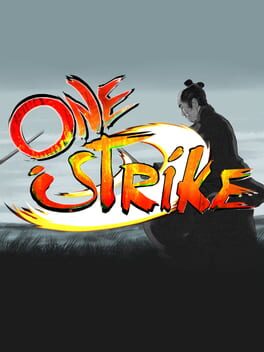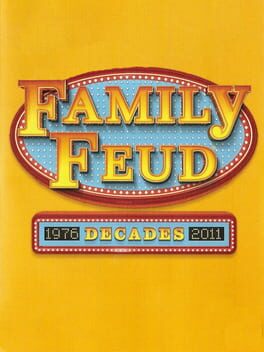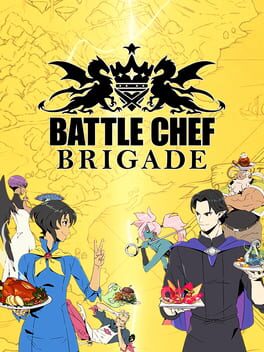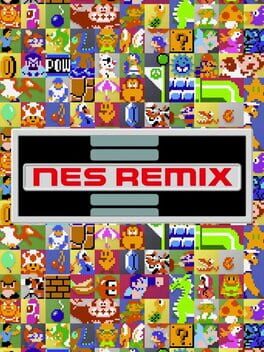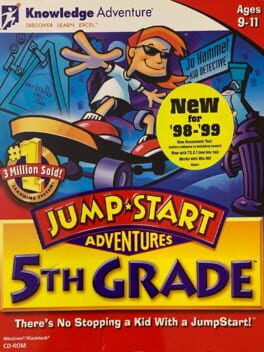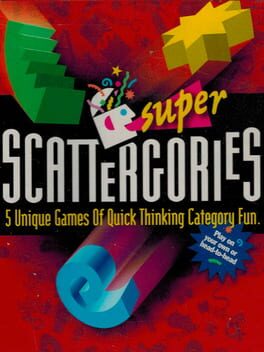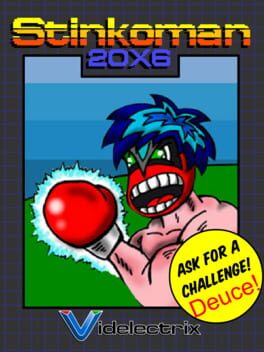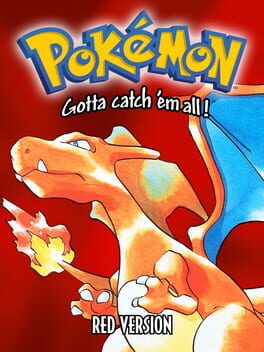thealexmott
BACKER
2017
Meant to emulate the reality of a samurai duel, these fights are determined by who lands a single blow. When played with another person, it's sort of like a game of chicken, trying to psych the other person out, call their bluffs, and hit them when they're not expecting it.
When playing against AI, it's another story. You can try to read your opponent, but without that human element, victory depends more on luck than guile.
When playing against AI, it's another story. You can try to read your opponent, but without that human element, victory depends more on luck than guile.
2010
This is pretty bad.
You can have an okay time with it depending on luck, but the autocomplete method of spelling out answers will quickly tell you if your word isn't going to be there, and it doesn't interpret similar answers very well. For example, if on the TV show you said "Chimp" and the answer was "Monkey", they'd give it to you. Even the SNES version of Family Feud does a better job of that than Decades does.
Overall a clunky, joyless rendition of a game that should be a blast.
You can have an okay time with it depending on luck, but the autocomplete method of spelling out answers will quickly tell you if your word isn't going to be there, and it doesn't interpret similar answers very well. For example, if on the TV show you said "Chimp" and the answer was "Monkey", they'd give it to you. Even the SNES version of Family Feud does a better job of that than Decades does.
Overall a clunky, joyless rendition of a game that should be a blast.
2017
2013
Preface: I grew up on these JumpStart games and have now built a Windows 98 machine so my kids can play them. As these are educational games, my review is based on how much I learned and how much I enjoyed them as a kid, as well as how my kids are doing with them now.
This is a great game for a 9-10 year old who likes detective shows or Nancy Drew novels. You play as Jo Hammet, and when the local TV station is destroyed by Dr. X, you get roped into stopping him before he can detonate bombs all over the city.
Like JumpStart 3rd and 4th Grade, this game repeats similar gameplay in a way that you can play an "episode" of the game each day in 30-60 minutes. The minigames are all solid, and there's a decently heavy focus on the Museum setting and crosswords, which taught me quite a few things about art and culture that have stuck with me to this day.
All in all, a great way for your 5th-grader to not let their brain atrophy over their summer break.
This is a great game for a 9-10 year old who likes detective shows or Nancy Drew novels. You play as Jo Hammet, and when the local TV station is destroyed by Dr. X, you get roped into stopping him before he can detonate bombs all over the city.
Like JumpStart 3rd and 4th Grade, this game repeats similar gameplay in a way that you can play an "episode" of the game each day in 30-60 minutes. The minigames are all solid, and there's a decently heavy focus on the Museum setting and crosswords, which taught me quite a few things about art and culture that have stuck with me to this day.
All in all, a great way for your 5th-grader to not let their brain atrophy over their summer break.
1999
For a few years, my family would play this together every single time we went to grandma's house. My aunt who lived with them would type while all of us shouted out answers, trying to get the highest score possible. We always had a great time trying to beat the scores of other cousins or aunts and uncles who had visited on different days. Good times!
2005
1996
When this game launched, it was undoubtedly a 10/10.
Back then, this was one of the biggest adventures ever put on a handheld system.
Back then, 151 seemed like a MASSIVE number.
Back then, Pokémon felt new and fresh. The novelty was off the charts.
Needless to say, the games haven't quite held up. Each game in the series has improved on the foundation laid by Red and Blue. When revisiting Gen I, it's odd going back to a time before the Physical/Special attack split of Gen IV, or even before Special Defense was its own stat. There's no Mega Evolution, Double Battles, Breeding, Z-Moves, Dynamaxing, or animated sprites. There's no Steel, Dark, or Fairy type, and Ghosts and Dragons have practically zero moves. You can't even run!
But Arceus knows I still appreciate the simplicity.
I'd never say these are "better" than any other Pokémon game, but it's like a simple bowl of Vanilla ice cream. Sometimes that's all you want.
Back then, this was one of the biggest adventures ever put on a handheld system.
Back then, 151 seemed like a MASSIVE number.
Back then, Pokémon felt new and fresh. The novelty was off the charts.
Needless to say, the games haven't quite held up. Each game in the series has improved on the foundation laid by Red and Blue. When revisiting Gen I, it's odd going back to a time before the Physical/Special attack split of Gen IV, or even before Special Defense was its own stat. There's no Mega Evolution, Double Battles, Breeding, Z-Moves, Dynamaxing, or animated sprites. There's no Steel, Dark, or Fairy type, and Ghosts and Dragons have practically zero moves. You can't even run!
But Arceus knows I still appreciate the simplicity.
I'd never say these are "better" than any other Pokémon game, but it's like a simple bowl of Vanilla ice cream. Sometimes that's all you want.
